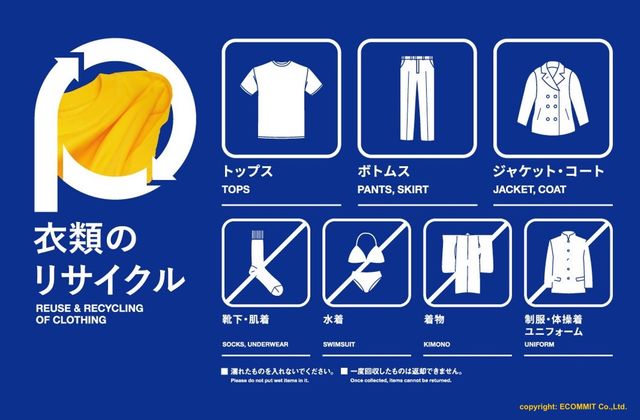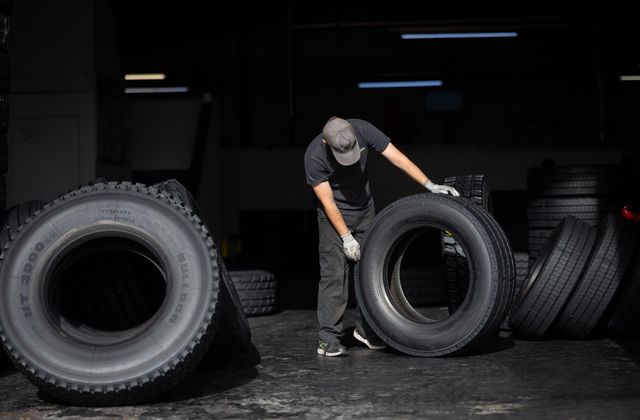Sector: Digital platforms
What is it? Hely provides a shared mobility service that combines different modes of mobility - like cars, e-bikes and cargo bikes - within one app. The company is founded by PON & NS in the Netherlands to make shared mobility more sustainable, improve the livability in cities and offer travelers flexibility. The goal is to make shared mobility just as flexible as owning a personal car (Hely, 2021).
Why is this important?
Inner-city mobility, and especially cars, have a high environmental impact due to their high emissions and congestion (Tukker et al., 2016). Cars stand idle around 95 % of the time, and even though they are made for 4-5 people, they carry on average only 1-2 passengers (EMF, 2015). Fast growing cities around the world will not be able to support individual car mobility, due to space constraints and the need to manage rising levels of pollution and congestion. Finding solutions that manage to reduce the overall number of cars are therefore needed.
Main resource strategy:
- Narrowing resource flows by offering lighter forms of mobility that incentivize people not to own a personal car, thereby reducing the overall number of cars in a city (Hely, 2021).
- Regenerating resource flows by offering e-mobility only that can be charged (theoretically) with renewable electricity from the grid.
Business model aspects:
- Value Proposition: Flexible shared mobility in one app where users can choose from a variety of mobility modes in their neighborhood.
- Value Creation & Delivery: Contracts with different mobility providers, app development, and platform orchestration and maintenance, marketing
- Value Capture: Hely has two sign-up options, one for free and one for a monthly subscription, where rides are charged per minute, hour or day, with a reduced fee for the monthly subscription (Hely, 2021).
Business model experimentation practices: Hely has started with a few hubs in The Hague and Amsterdam to test their offering. They kept track of early users to better understand their behavior, to infer the sustainability potential of the offering (Knippenberg, 2019). Tarik Fawzi, one of the co-founders of Hely, however, believes that it is misleading to use the word experiment or pilot, because it suggests that the intervention is only short-term. He favors an attitude of ‘just do it’ (Info, 2019).
Sustainability outcomes: An early study into change mobility behavior of Hely users found that most of the users – which are primarily young professionals – use Hely as an alternative to their second car, thus having an influence on car usage (Knippenberg, 2019). This needs to be further validated while Hely grows its user base and expands across cities in the Netherlands.
Sources:
EMF, 2015. Growth Within: A Circular Economy Vision For A Competitive Europe. Ellen MacArthur Found. 100. https://doi.org/Article
Hely. (2021). About Us. Accessed 5 May 2021 at: https://www.hely.com
Info (2019). Hely: No pilots, no experiments, just do it. Available at: https://info.nl/en/conversation/interview-hely/
Knippenberg (2019). A study into the travel behaviour on a multimodal Mobility-as-a-Service hub within a closed-user area. Delft University of Technology. Available at: https://repository.tudelft.nl/islandora/object/uuid:1b3f3ca5-54ef-4d34-85aa-ee60e7e206d2
Tukker, A., Bulavskaya, T., Giljum, S., de Koning, A., Lutter, S., Simas, M., ... & Wood, R. (2016). Environmental and resource footprints in a global context: Europe’s structural deficit in resource endowments. Global Environmental Change, 40, 171-181.
***
About project Circular X
Project Circular X is about ‘Experimentation with Circular Service Business Models’. It is an ambitious research project funded by the European Research Council (ERC) which supports top researchers from anywhere in the world. Project CIRCULAR X runs from 2020-2025. The project is led by Principal Investigator (PI) Prof Dr Nancy Bocken, who is joined by a multidisciplinary team of researchers at Maastricht Sustainability Institute (MSI), Maastricht School of Business and Economics, Maastricht University. The project cooperates with businesses who want to innovate towards the circular economy.
Project Circular X addresses a new and urgent issue: experimentation with circular service business models (CSBMs). Examples of such new business models include companies shifting from selling products to selling services and introducing lifelong warrantees to extend product lifetimes. However, CSBMs are far from mainstream and research focused on experimentation is little understood. The research aims to conduct interdisciplinary research with 4 objectives:
- Advancing understanding of CSBMs; their emergence and impacts
- Advancing knowledge on CSBM experimentation
- Developing CSBM experimentation tools
- Designing and deploying CSBM experimentation labs
Funding source
This project has received funding from the European Research Council (ERC) under the European Union’s Horizon 2020 research and innovation programme, grant agreement No. 850159.
Using of this information
When you refer to this case, please use the following source:
Circular X. (2021) Case study: Hely. Accessed from www.circularx.eu



